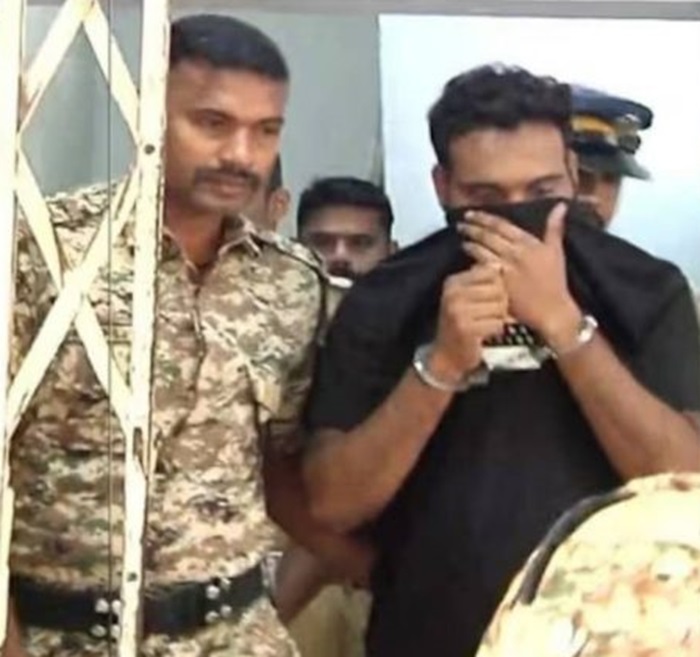Arrest unveils a network of organ traffickers between Kerala and Tehran
People in financial difficulty were taken to a clinic in Tehran to sell a kidney for a few thousand euros. It is suspected that some of them died during the operations, which brought proceeds of up to ten times more to the pimps. Iran is one of the crossroads of these criminal deals because of the high incidence of kidney disease.
Kochi (AsiaNews) - The arrest of a man on 19 May in Kochi has brought to light an international human trafficking racket with links to Kerala, which allegedly trafficked Indians to Iran for the removal of their organs used in a Tehran hospital.
Thirty-year-old Sabith Nasar, originally from Valapad in the Thrissur region of Kerala, was stopped at Kochi International Airport shortly after landing from Iran. Investigations are emerging that several young people from Hyderabad and Bengaluru in precarious economic situations were allegedly brought to Tehran to provide kidneys for transplants.
The young people were admitted to a private clinic in Tehran where they 'donated' their organs. They were then treated for three days and once discharged housed for a further 20 days in a flat before being taken on a flight back to India. Some of them, however, would never return from this journey, losing their lives in the operation.
Sabith Nasar has confessed that the organ trafficking mafia is based in Hyderabad and he is the main link to Kerala. It is also suspected that many of the victims are still languishing in Iran or other transit countries such as Kuwait.
Investigations revealed that the victims were given less than 600,000 rupees (about 6,600 euro), while the organ mafia received up to ten times that amount for each operation. The arrested man allegedly trafficked at least 20 people in the last five years.
According to journalists' sources, Iran is a crossroads of international organ trafficking with patients also coming from other countries for transplants outside the legal channels. In addition, health reports reveal that there is a high prevalence of chronic kidney disease in Iran among people aged 20 and above. Hence the local demand for donors.
07/02/2019 17:28
11/08/2016 14:15
18/08/2010







.png)










